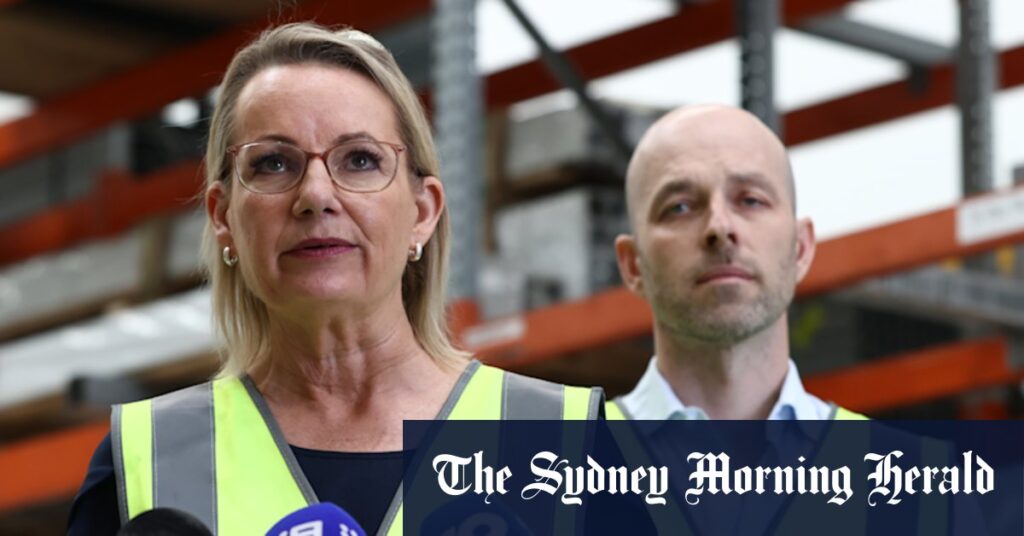
Opposition Leader Sussan Ley has voiced strong opposition to key aspects of Labor’s proposed overhaul of environmental protection laws, effectively ruling out a swift agreement on the ambitious plans. The proposed changes aim to expedite approvals for critical projects, including housing, mining, and renewable energy developments.
The overhaul, which was initially shelved last term due to backlash from mining interests and the pro-fossil fuel West Australian government, has been revived by Labor. Prime Minister Anthony Albanese had paused negotiations with the Greens but has now resumed efforts, bolstered by support from Treasurer Jim Chalmers’ economic roundtable. The reforms are seen as a critical step in advancing Australia’s renewable energy infrastructure.
Opposition and Investor Concerns
Following the leak of the proposed legislative changes, Ley criticized the plan, arguing it would disadvantage Australia in the global competition for investment by failing to streamline project approvals. Speaking in Sydney, she described the situation as a “basket case,” expressing skepticism about the government’s understanding of the issues at hand.
As a former environment minister, Ley underscored the importance of timely project approvals, citing the recent critical minerals deal with the United States as an example of initiatives that depend on efficient legal frameworks. “The act is about threatened species and matters of national environmental significance and protecting the environment, but it’s also about delivering approvals for projects in a timely manner,” she stated.
Environmental and Business Sector Reactions
Details of the updated legislation have caused unease among environmentalists and business groups. Environmental advocates fear the changes could lead to increased habitat destruction, while business leaders worry about the potential for the government to wield broad powers to veto investments.
The government has attempted to alleviate these concerns, asserting that the proposal to allow a minister to block projects posing an “unacceptable” environmental risk aligns with current legislation. Environment Minister Murray Watt clarified that a requirement for high-emission projects to demonstrate emission reductions does not equate to the contentious “climate trigger” previously negotiated with the Greens.
Stakeholder Engagement and Legislative Details
Efforts to engage stakeholders, including industry groups like AI Group and Business Council of Australia, as well as environmental organizations such as Greenpeace and the Australian Conservation Foundation (ACF), are ongoing. The government has shared draft legislative extracts to gather feedback.
Paul Sinclair, acting chief executive of ACF, acknowledged some improvements, particularly in enforcement measures. “We know that since about 2011, there’s been about $230,000 worth of fines for breaches of our national environment laws,” Sinclair noted, highlighting the disparity with local government revenue from parking fines.
Future Implications and Legislative Challenges
The absence of a “climate trigger” remains a point of contention for environmental groups. While the proposed laws would require emissions reporting, they do not mandate consideration of climate change impacts in decision-making, a gap that critics argue undermines the legislation’s effectiveness.
“It doesn’t pass the pub test for a national nature law not to consider the impact of global heating on nature,” Sinclair remarked, emphasizing the need for comprehensive climate considerations in environmental legislation.
As the government prepares to unveil the full details of the bill next week, the possibility of further negotiations with the Greens or the Coalition looms. The outcome of these discussions will be pivotal in determining the future of Australia’s environmental policy landscape.





